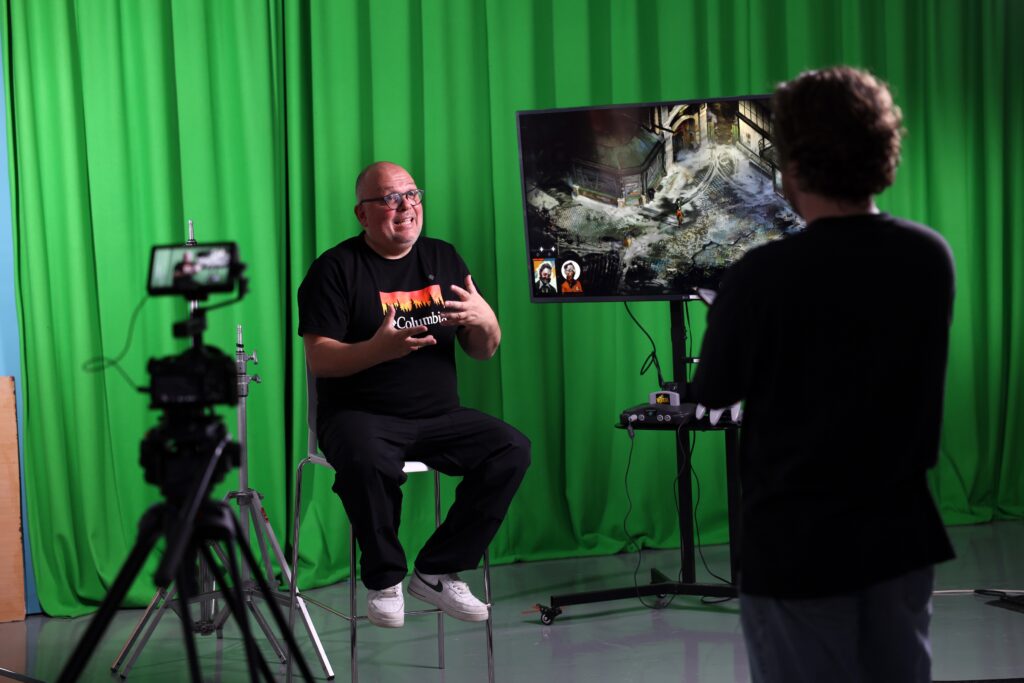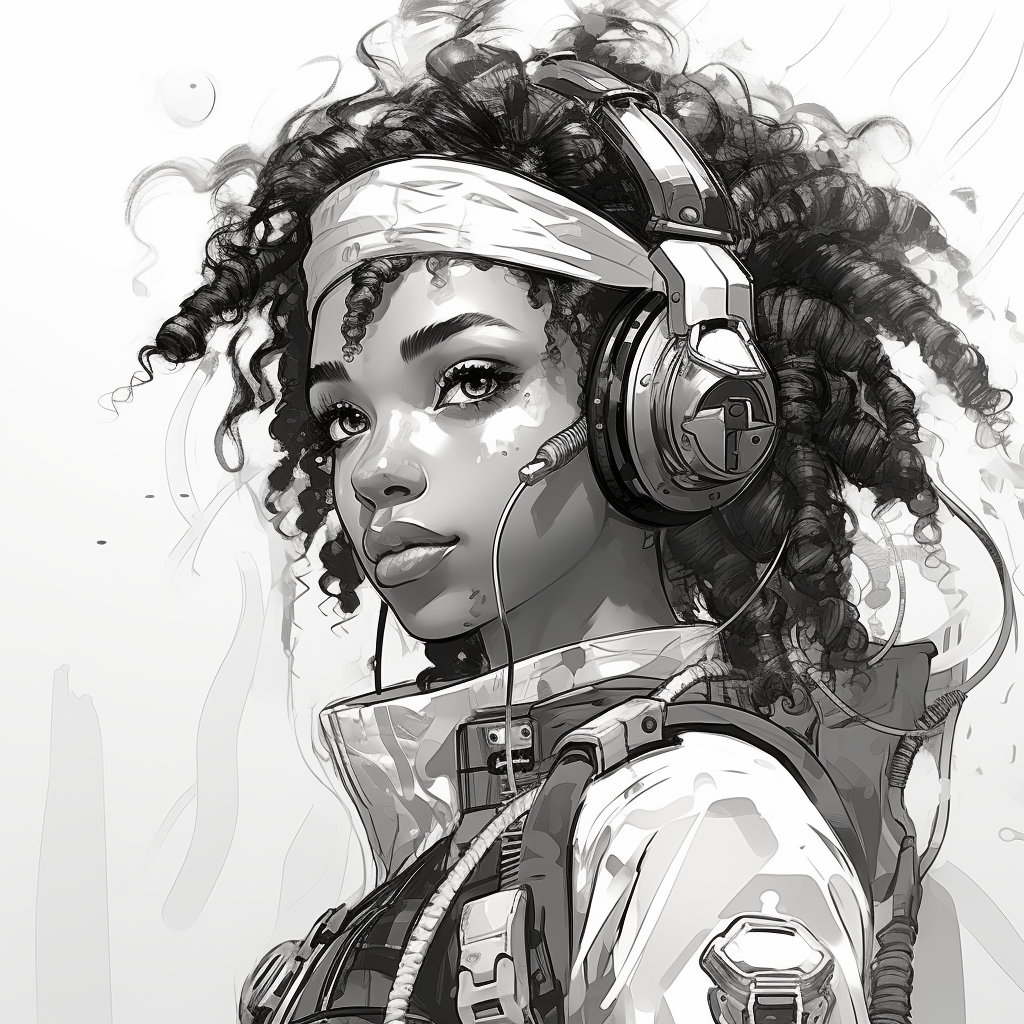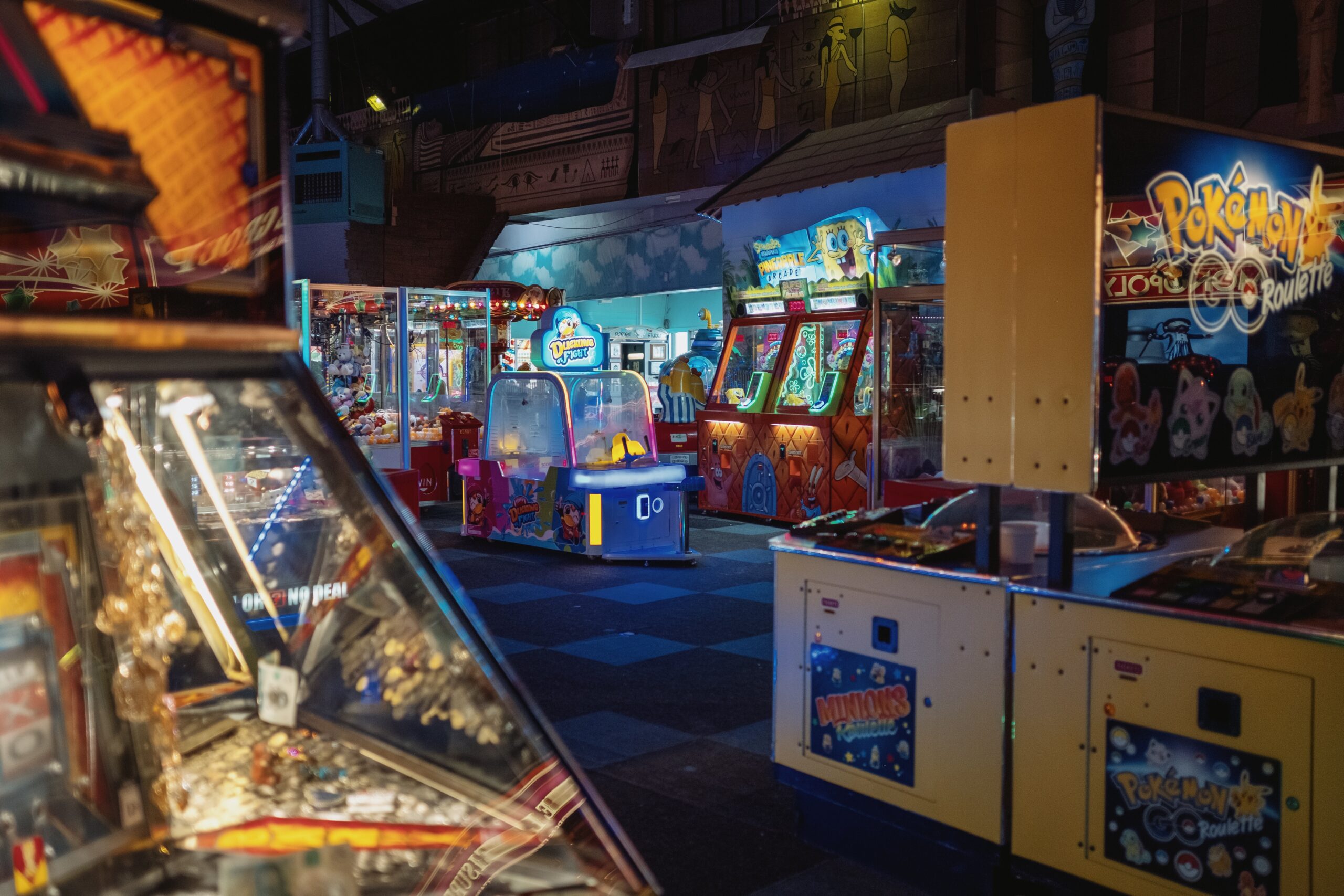If you’re like us, video games aren’t just a pastime; they’re a world waiting to be explored. And with the UK Video Game consumer market worth £7.05 billion last year, and experts predicting a jaw-dropping annual growth rate of 7.78% from 2023 to 2027, this world is hungry for creative minds like yours.

Video games: woven into the fabric of our culture
Imagine turning your love for video games, virtual reality, and design technology into a life-long career in one of the most exciting industries around. That’s exactly what our three brand-new degree courses are all about.
The world of video games is no longer confined to screens; it’s woven into the very fabric of our culture. Video games have become an integral part of the UK’s entertainment landscape, accounting for a staggering 42.1% of total entertainment revenues in 2022, according to ERA Figures. They’re not just games – they’re cultural phenomena that fuse art, music, storytelling, and cutting-edge technology to create immersive experiences that resonate with audiences in every possible medium. With video game workflows being used in creative projects from The Mandalorian to the Eras Tour, there have never been more opportunities at the hands of creative technology professionals than at this very moment.
“In the UK and in Europe there is huge scope for development and there is a need for people from studios. The business has gone beyond booming – gaming now dominates the 21st century entertainment sector.” – Nick Rodriguez, Dean of Creative Technology

The modern film and games industries have seen increasing creative overlap due to advancements in technology, storytelling techniques, and audience preferences. There are several reasons why the two industries are so closely related. We’ve outlined four areas to whet the appetite for potential future collaboration between students.
Storytelling and Narrative
Both film and games rely on compelling storytelling and engaging narratives to captivate audiences. Games often incorporate cinematic elements, such as cutscenes and dialogue, while films draw inspiration from the interactive narratives found in games. There is no better recent example of this richness of narrative than the critically acclaimed video game, The Last of Us, which then became a worldwide hit TV series. Screen and Film School was lucky enough to welcome Eben Bolter, the cinematographer for the show, for an industry masterclass in 2023.

Visual Effects and Animation
The film and games industries rely heavily on advanced visual effects and animation techniques to bring their worlds and characters to life. The use of CGI, motion capture, and other visual effects is prevalent in both mediums, and helps to enhance the overall visual quality and creates stunning, realistic visuals. A go-to example of this would be the unstoppable force that is Avatar. Both instalments of James Cameron’s groundbreaking fantasy tale set new standards for visual ambition and created an undeniably realistic world.
Sound Design and Music
Sound plays a crucial role in both film and games to enhance the overall experience. Both industries invest heavily in sound design, music composition, and audio production to create immersive and dynamic audio landscapes. Here is where the relationships that already exist between film and music students at BIMM University will be broadened out and improved upon with the introduction of a new subject area. Our students can aim for the sky, and we expect that the next Hans Zimmer is out there and just waiting to be discovered…

Technology and Innovation
Both film and games industries continuously push the boundaries of technology and innovation. Advancements in computer graphics, virtual reality (VR), augmented reality (AR), and interactive storytelling techniques have had an impact on both mediums. Techniques and technologies developed in one industry often find their way into the other, leading to new possibilities and experiences for audiences. We have all the necessary facilities and equipment at Screen and Film School and BIMM Institute Berlin’s Screen and Film Faculty to achieve this level of ambition with technology and innovation, including state-of-the-art Mac Suites across our campuses in Brighton and Berlin.
These are just four touchstones of the ever-increasing overlap of creativity and scope for learning between film and creative technology. The scope for synergy between our different subject areas is as vast as the growing synergy between the film and games industries. That’s not to mention what could happen when those students collide with our music and performing arts students. The sky is the limit… or is the limit actually Pandora?



